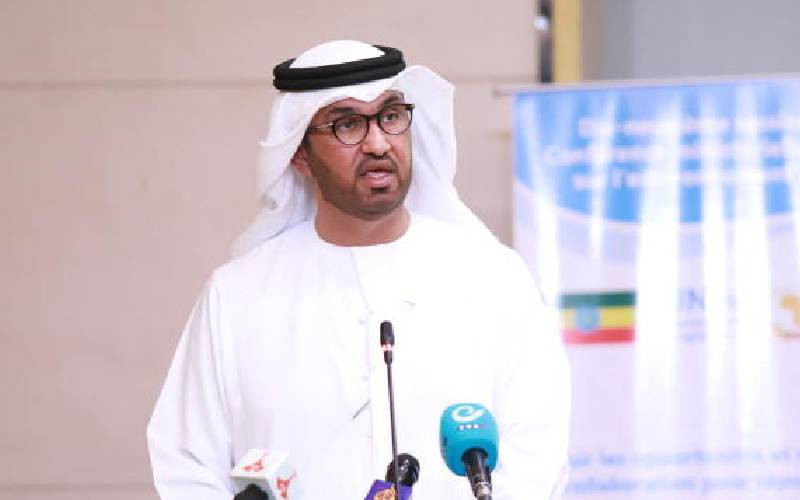
Speaking against the backdrop of global leaders and climate advocates, COP28 President-Designate Dr Sultan Al Jaber emphasised the vital link between climate change and health, declaring, "The connection between health and climate change is evident, yet it has not been a specific focus of the COP process - until now. This must change."
The significance of this focus cannot be understated. Data from the World Health Organization (WHO) paints a stark picture. Air pollution alone is responsible for seven million excess deaths annually, with vulnerable communities bearing the brunt. Vector-borne diseases like Malaria are expanding their reach due to rising temperatures and changing weather patterns, threatening global health security.